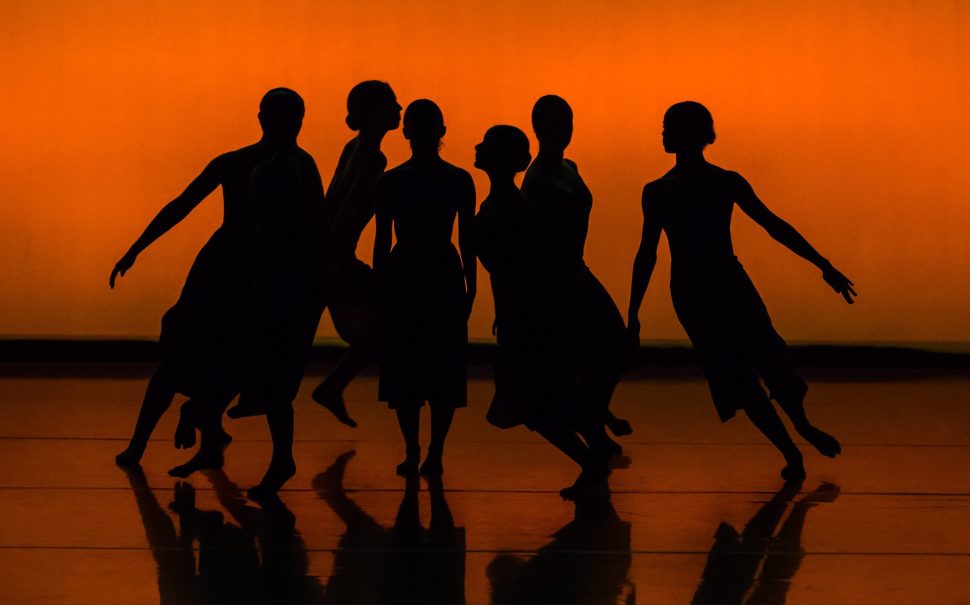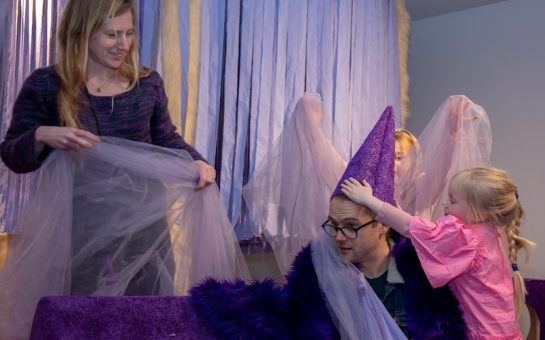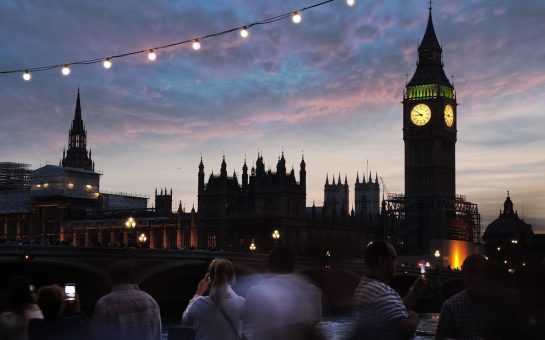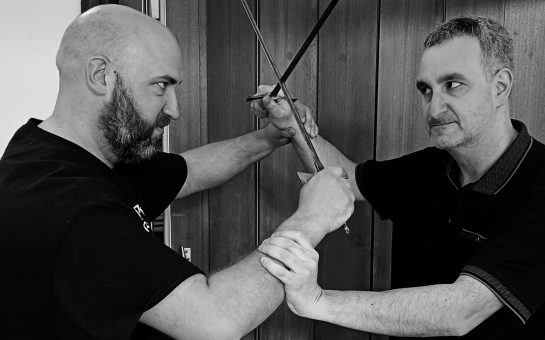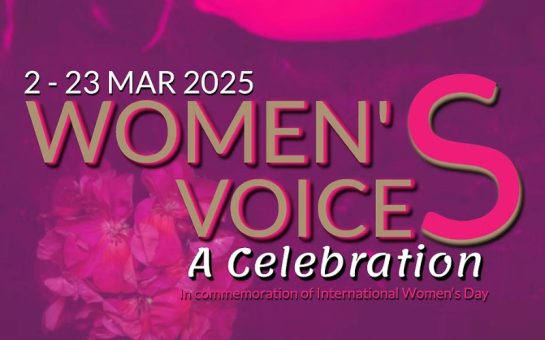A dance school in south London is breaking down barriers to ballet by providing safe and inclusive classes specifically for black and non-white dancers.
Director and principal, Ruth Essel, founded Pointe Black in Battersea to provide dancers of colour a welcoming environment to learn ballet.
With only 2.2% of dancers at the UK’s top four ballet companies being of black heritage, Essel was inspired by her own experience as a black dancer to found an inclusive school.
Essel said: “I wanted to at least walk into a ballet studio and not be the only black person there.
“There wasn’t really anything out there like that, so I made sure that my school had everything that I would have wanted as a child”.
The principal revealed that she faced discrimination as a black dancer, including a negative comment about her afro-braided hair.
Disregarding pink tights at Pointe Black, Essel explained that the traditional ballet uniform was designed to compliment the lines of white dancers.
She said: “At my school we wear everything skin coloured, no matter what colour you are.
“It’s okay for me not to wear pink because I am not pink – having the right shade helps your lines.”
Essel takes a holistic approach by leading positive affirmations at the end of each class, and encouraging dancers to wear their afro-hair freely on stage.
In relation to safeguarding she said it is imperative that children’s cultural differences are respected and understood.
As one of the only black-owned dance schools in London, parents travel from all over the city to enrol their children at Pointe Black.
There has been an increase in black-owned schools and companies but audiences and dancers are yet to see significant changes at major institutions.
According to statistics provided by their communications team, in 2023 there was only one black dancer in a cohort of 140 full-time students at the Royal Ballet School.
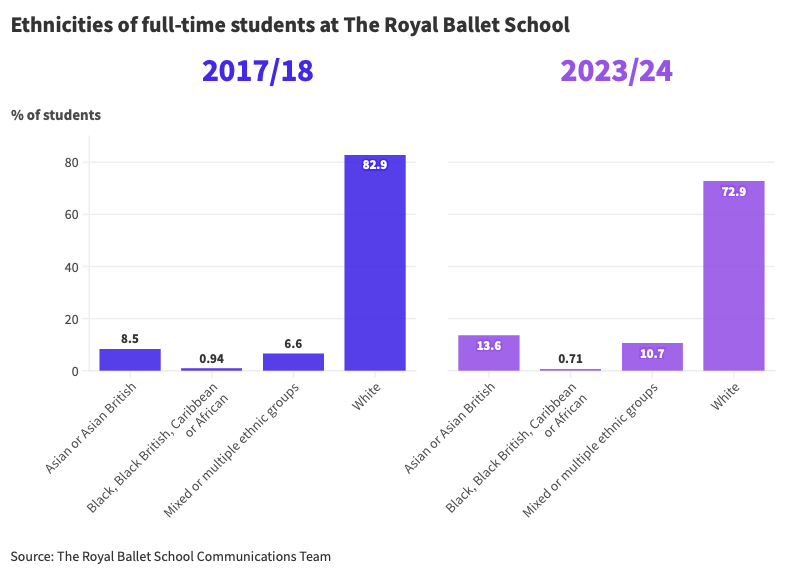
From 2017 to 2023, the percentage of black full-time students dropped from 0.94% to 0.71%.
In their anti-racism pledge, the school said: “We have a vision in which ballet can be, and be seen as, a truly inclusive art form, which does not discriminate against people due to the colour of their skin, their cultural background or their ethnicity.”
The Royal Ballet School’s Primary Steps outreach programme has 29% of participants from minority ethnic groups.
Other projects, such as English National Ballet School’s Ballet Futures project, provide dancers aged 8-12 from under-represented groups free training.
Whilst these projects suggest targeted improvements, diverse ballet companies like Ballet Black are still advocating for inclusivity across the industry.
In its diversity guide, Cassa Pancho, MBE Founder & Artistic Director of Ballet Black wrote: “Companies plaster social media with the faces of diverse participants, only to have a majority-white professional company.”
With help from organisations like Pointe Black, diversity is becoming increasingly prioritised by young dancers and choreographers, however the industry still has a long way to go.
Find out how to support Pointe Black here.
Featured image credit: Joseph Phillips from Pexels.
